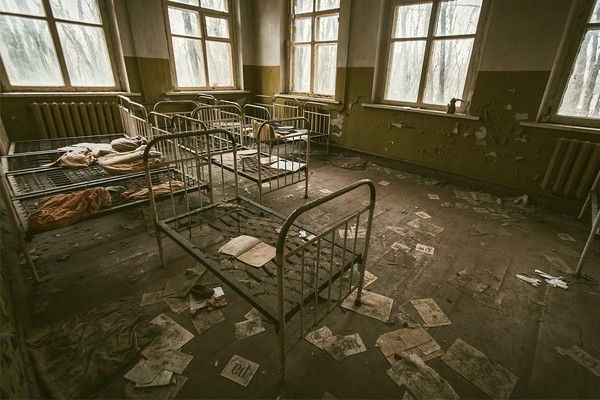The FF Plus is inundated with complaints about the condition of clinics in the Northern Cape. Complaints range from unfriendly staff, racist conduct by staff, inadequate stock and broken equipment to water and sanitation problems and the failure to dispose of garbage.
Although clinics are a provincial function, they depend on municipal services to operate properly. So, municipal councilors find themselves in the ideal position to fulfil an oversight role at provincial service points.
A general problem seems to be that patients, and even some staff members, are intimidated by elements of staff. As a result, many complaints are lodged with the specific request that the complainant must remain anonymous. That, however, makes it difficult to properly investigate the problems.
One such a complaint was received from an elderly patient who is forced to travel to the neighbouring town’s clinic, because the local clinic reportedly refuses to treat white patients.
In another case, the clinic’s head is being forced to dispense medication to cleaners even though they do not have medical files.
One clinic’s lighting is reportedly so poor that during physical examinations, the doctor has to use his cell phone’s torch to be able to do his job.
Other reports indicate that the local clinic’s X-ray machine is out of order, so patients are transported to a larger centre, at great cost, while the local radiographer has nothing to do.
In another town the clinic was established for the permanent residents, but there are reportedly so many seasonal workers who also require medical services that the clinic’s facilities fall far short. As a result, elderly and chronically ill patients have to wait in queues for many hours to get their medication.
And in towns plagued by frequent water outages, the clinics allegedly struggle even more. Apparently, the water lines to the new clinic buildings were installed, but the water supply was only connected months later. Tanks were provided to serve as emergency water supply, but the main supply taps were not opened.
Furthermore, these tanks would sometimes overflow and at other times, they would run dry.
Bags filled with medical waste were discovered in a residential area. Residents removed them and incinerated the waste.
Effective primary healthcare ought to save the state money in various other ways and instead strive to improve people’s quality of life. It is indeed a difficult service to manage seeing as there are so many service points spread out over thousands of kilometers.
Thus, in the FF Plus’s view, paying oversight visits to clinics and reporting findings to the provincial level make up an essential part of councilors’ duties.
When the FF Plus councilors take up their positions in the new councils after the upcoming local government elections, all residents will benefit, not just FF Plus supporters.
Human rights are not about making all the right noises, it is all about proper management.
Read the original article in Afrikaans by Dr. Wynand Boshoff on FF Plus












